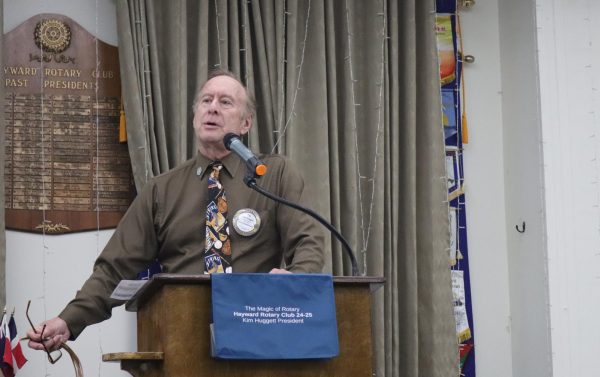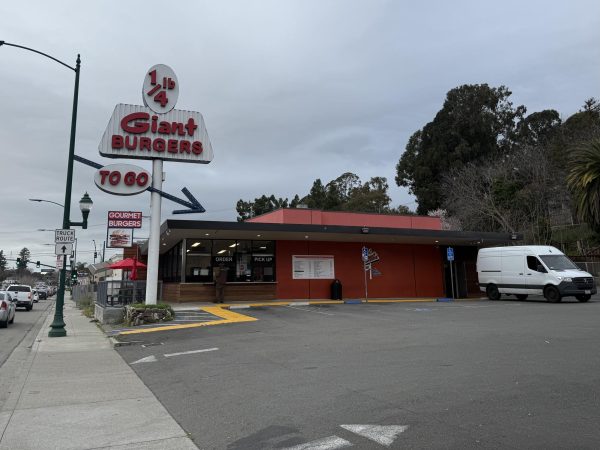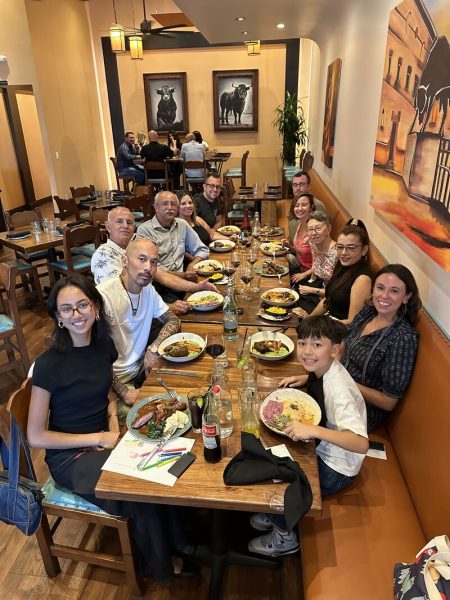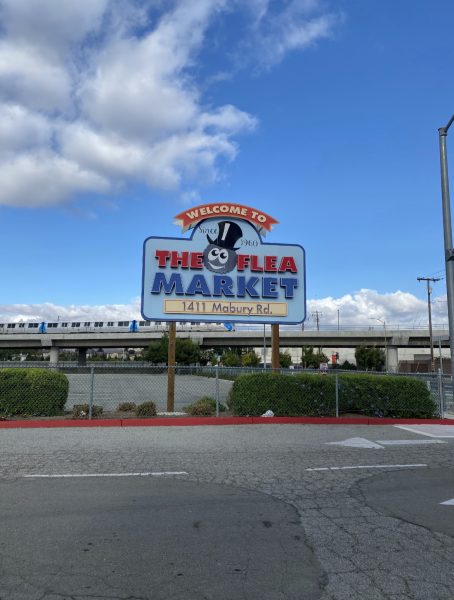Not One More Girl Campaign: a grassroots BART initiative to prevent gender-based harassment
How a grassroots effort is changing the culture of safety in the Bay Area
Gender-based sexual harassment is the lived reality of many young girls and women when riding public transit. Haleema Bharoocha and Jessica Peregrina coordinated a youth-driven initiative, “Not One More Girl,” in partnership with Bay Area Rapid Transit (BART) to change the culture around riding public transportation in the greater Bay Area community.
Haleema Bharoocha is the Senior Advocacy Manager at the Alliance for Girls-led policy and overall strategist for the campaign. Jessica Peregrina is the Latinx coordinator who teaches classes with youth, particularly female-identifying and gender expansive youth of color at Skyline and Fremont High. Girls, as defined by the campaign, are inclusive of all gender-expansive youth, including cis, trans, queer, and non-binary youth.
“Not One More Girl” is a youth-led movement working alongside BART board members that initially began as a report that “connected with 63 girls of color across the Bay Area [who] shared that many have faced sexual harassment,” Bharoocha said.
Approximately one in five women in the United States will experience sexual assault and/or harassment every year, with the ages of 12-34 women at the highest risk for sexual assault/harassment. Before the grassroots campaign, BART had no means for riders to report sexual harassment instances, leaving the youth, elderly, and especially young women to fend for themselves.
Bharoocha and Peregrina saw the need for an adequate means of protecting single female riders through the research conducted via a youth-led research report. “They had policy recommendations grounded in youth research, and we [BART] have never done a sexual harassment campaign,” Chief Communications Officer of BART Alicia Trost said.
The proposed policy recommendations led by Bharoocha and Peregrina were voted in favor unanimously by the BART board of directors. Both leaders highlighted the need for alternatives to policing, noting the brutality experienced by marginalized communities. The alternative for policing offered within the proposal was trained unarmed safety personnel and crisis intervention specialists.
“Hiring 20 crisis intervention specialists who are trained in social work and their ideas really to help those struggling with mental health, substance abuse issues… sometimes they will be teamed up. Having this many will allow us to have them at all hours of the day, seven days a week. They will ride trains and walk platforms,” said Trost.
A crucial need for specialists trained and selected by the community to serve the community comes as a response to mainstream conversations discussing alternatives to policing, many ideas that Bharoocha and Peregrina are successfully implementing within the Bay Area, public transportation community.
Through setting an example of how transit can successfully operate to assist communities typically left out of the conversation, Bharrocha aims to destabilize the systems of oppression that reinforce gender-based violence, seeing this “as a model not only for the Bay Area but for the country,” said Bharoocha.
Bharoocha mentioned that she has spoken with multiple public transportation agencies who could not detail the ways in which a rider could report sexual harassment. Her work with the initiative combats this, bringing education and youth community members to the forefront of the conversation to ensure diversity in opinions in which proper safety standards are met for the community at large, rather than a select group of those with privilege.
Educating the community members regarding safety precautions and bystander intervention are two key components of the campaign. Each BART train has an emergency call button near the door in addition to the ‘BART Watch App’ available on smartphone platforms equipped with a sexual harassment report feature; the app is free for download.
Community members have the ability to get involved through upcoming events hosted by the campaign, holding transit systems accountable via voicing their concerns during board meetings, and watching the three-minute bystander intervention video.
“We have as much ownership of this system as anyone else, and we deserve to thrive, not just survive or make it through the day,” Bharoocha concluded.
More information about the program and updated events list can be found here.







